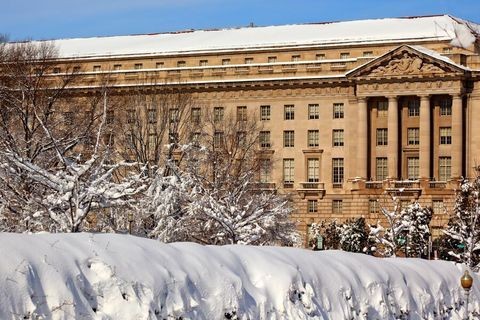C3P-No! USPTO Says No AI Inventors
Client Alert | 1 min read | 05.04.20
Last Monday, the PTO affirmed its earlier (and unsurprising) position that a patent application filed in July was incomplete because it named an artificial intelligence as the inventor. The application is believed to be among the first to name an AI as an inventor.
In reaffirming its position of AI non-inventorship, the PTO noted that the Title 35 consistently suggests personhood and refers to inventors as natural persons. As one example, said the PTO, the statutes involving the inventor oath or declaration refer to the executor as a “person.” Interpreting “inventor” to broadly encompass non-persons, argued the PTO, would contradict the plain reading of the statutes.
The USPTO also relied on Federal Circuit decisions that exclude states and corporations from holding inventorship. These decisions, the PTO noted, explain that the entire concept of “conception” – the touchstone of inventorship – requires a human mind to do the conceiving.
The attempt to name an AI as the inventor illustrates how advances in AI technology continue to challenge our traditional thinking about personhood – and how the law will have to cope with the evolving concept. Read the full decision here.
Contacts
Insights
Client Alert | 4 min read | 02.04.26
DOJ Antitrust Division Issues First-Ever Award Under Whistleblower Rewards Program
On January 29, 2026, the U.S. Department of Justice (DOJ) Antitrust Division (Division) and U.S. Postal Service announced the first-ever payment under the antitrust whistleblower rewards program, awarding $1 million to an individual whose information led to a $3.28 million fine as part of a deferred prosecution agreement with EBLOCK Corporation, an online auction platform for used vehicles.
Client Alert | 4 min read | 02.04.26
New York District Court Confirms Insurance Coverage Must Mean Something
Client Alert | 13 min read | 02.04.26
Client Alert | 2 min read | 02.03.26





